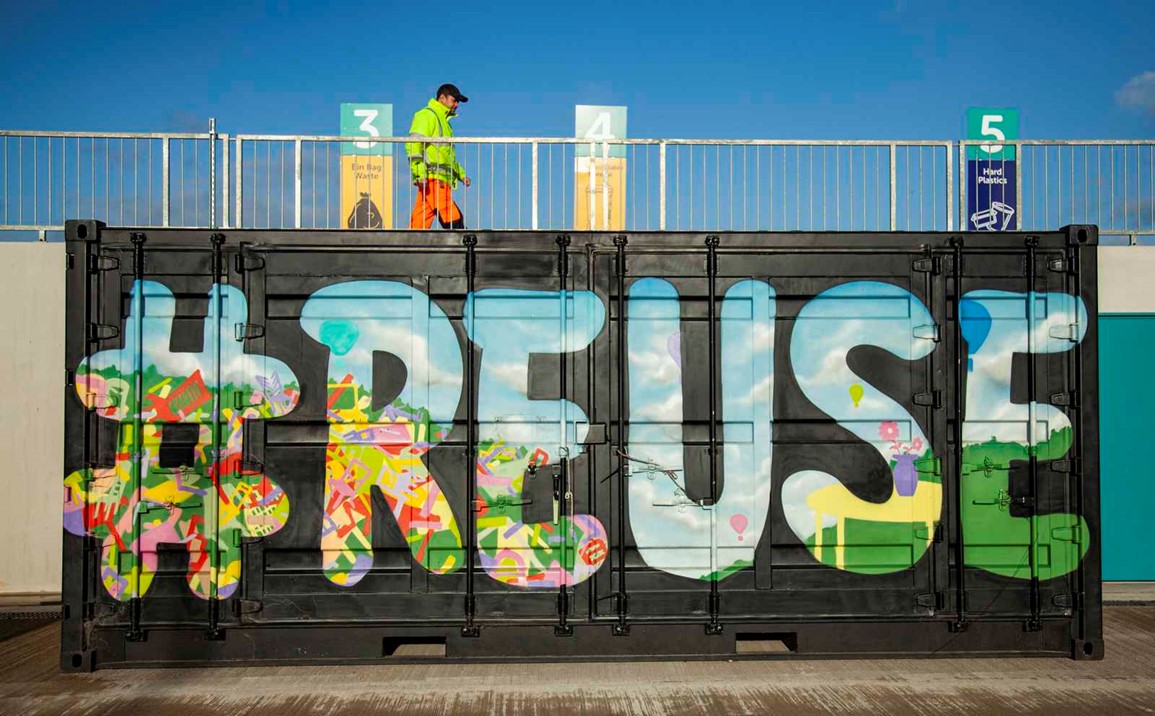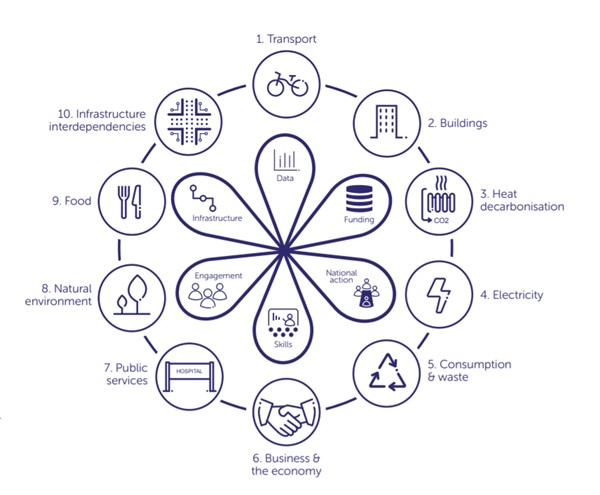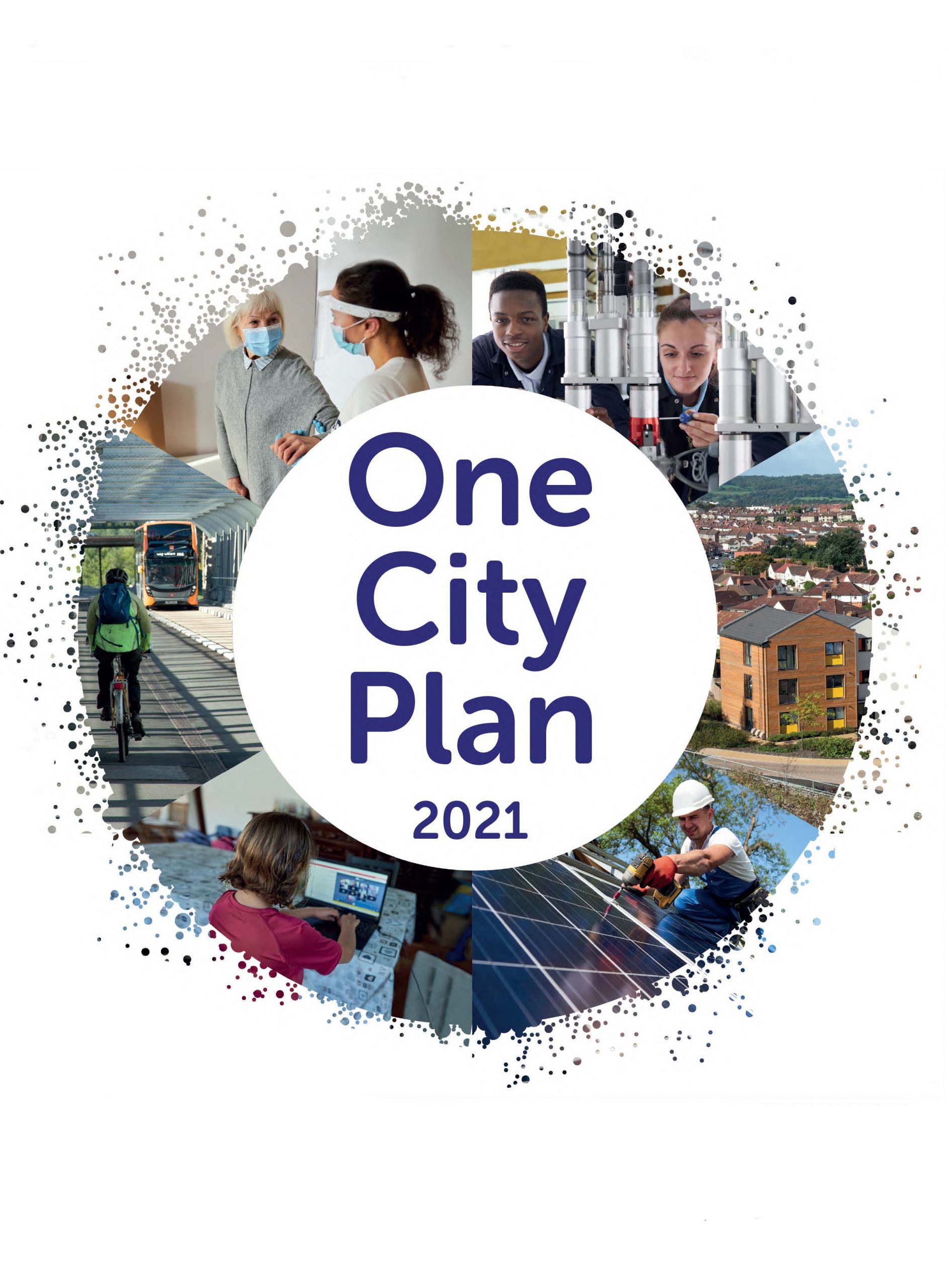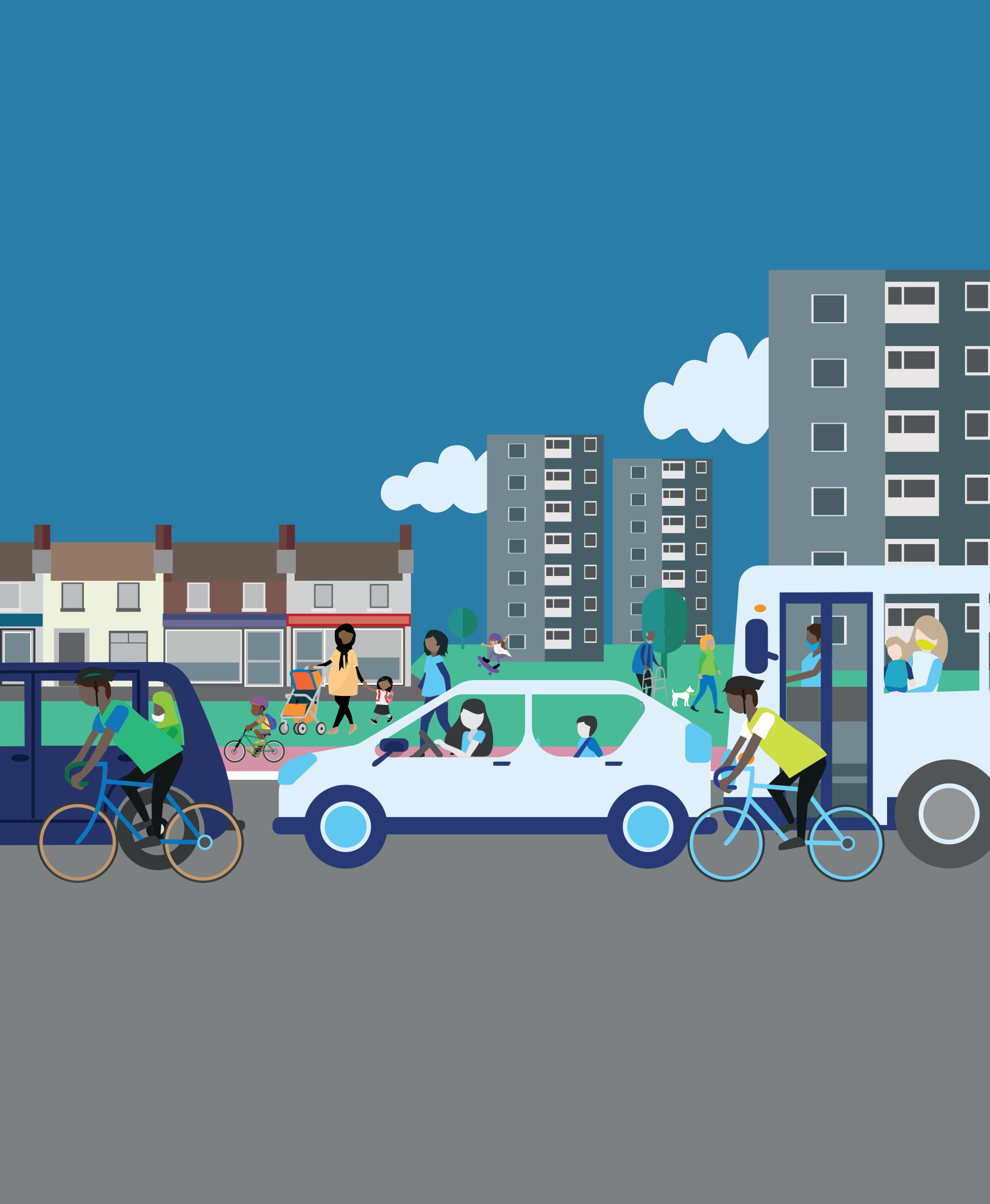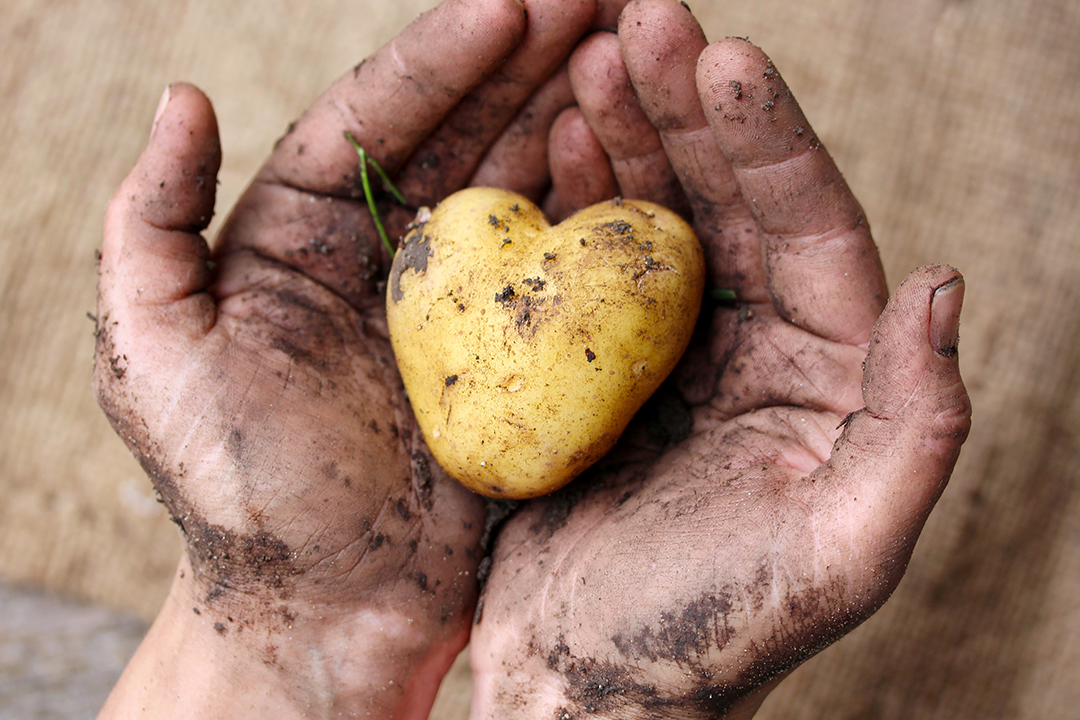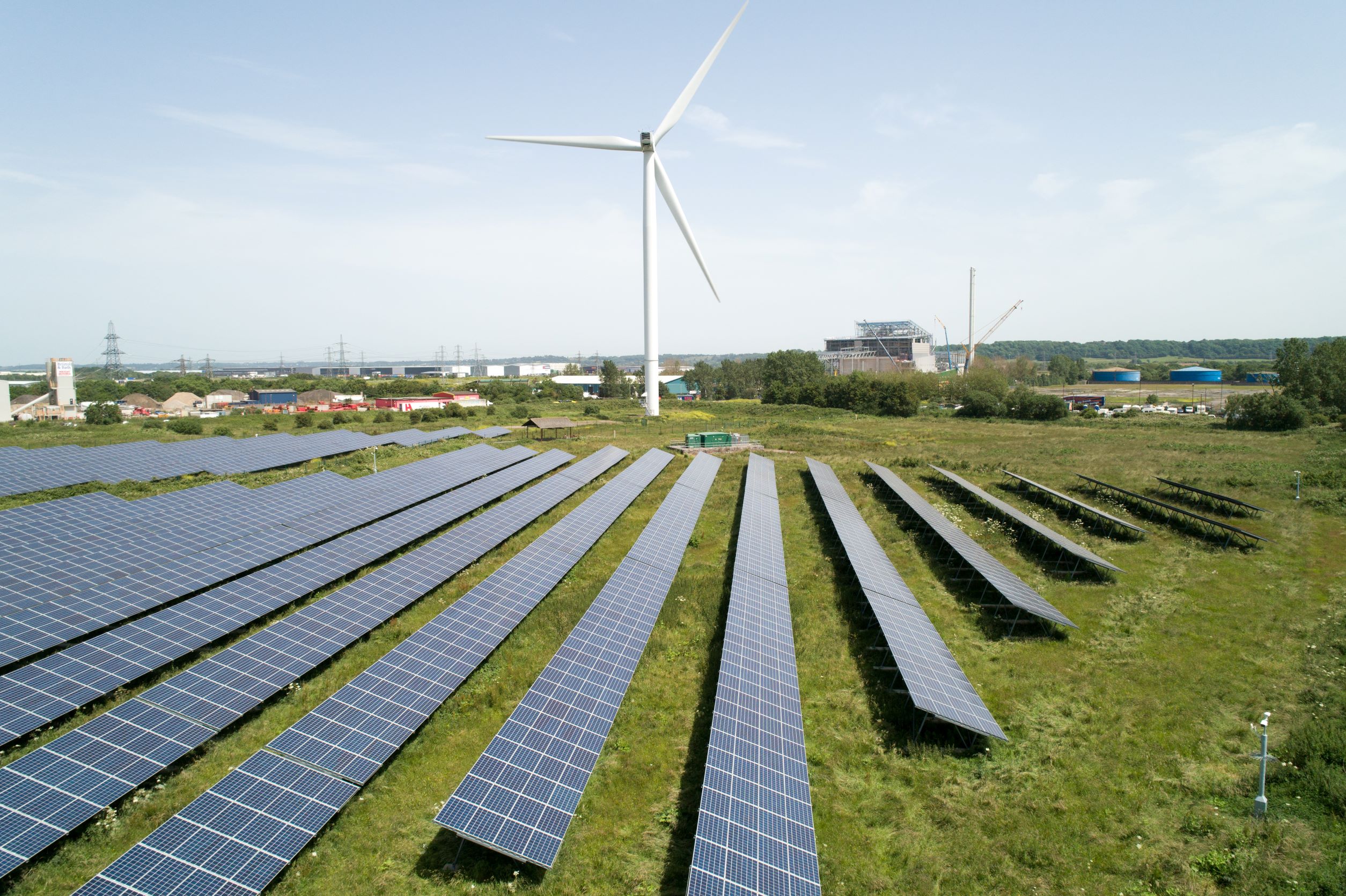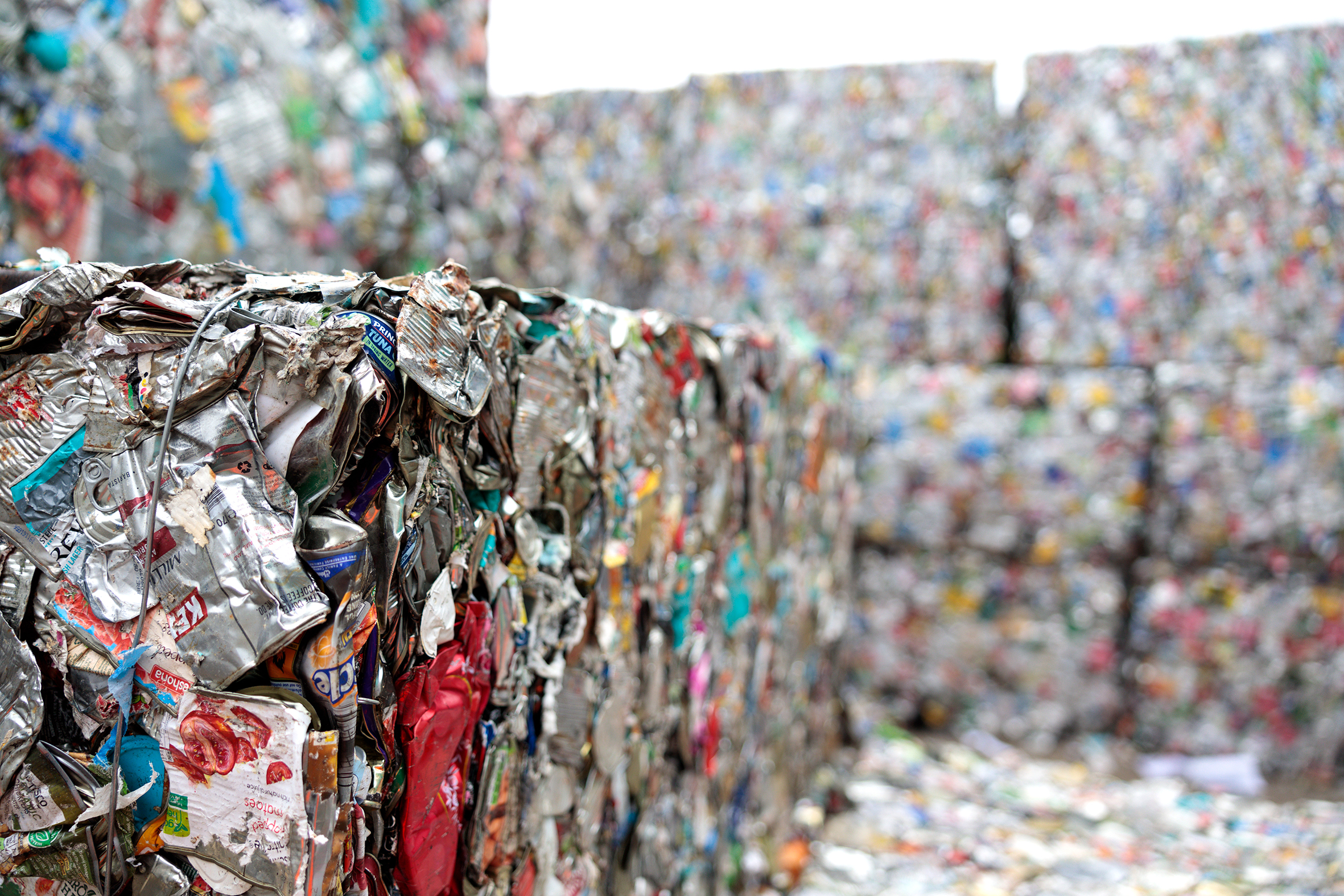
City Leap
City Leap is a transformative project to build a city-wide energy system – representing a huge step towards a cleaner, greener Bristol. It represents a world first, game-changing approach towards decarbonisation at city-scale. Beginning in 2023, this 20-year joint venture partnership between Bristol City Council, Ameresco and Vattenfall Heat UK will enable the delivery of over £1billion of investment into Bristol’s energy system.
During the first five years of the partnership, at least £424million will be invested in a range of large infrastructure projects including the significant expansion of Bristol’s award-winning Heat Network, providing local businesses and residents with reliable, affordable heat from sustainable sources. Solar panels and low carbon heating systems will be installed in local schools, and the council’s social housing will be made more energy efficient.
As well as delivering 140,000 tonnes of carbon savings, Bristol City Leap will deliver a minimum of £61.5million of social value to the city over five years including 1000 new jobs, apprenticeships and work placements, and a new Community Energy Development fund worth £1.5million.
Mission Net Zero
City Leap represents a highly significant step towards Bristol becoming carbon neutral. Bristol’s Mission Net Zero programme is being shaped to progress the city further towards this target.
Mission Net Zero is designed to create an enabling environment focusing on 3 key areas:
- Driving and identifying demand for services and infrastructure to achieve net zero
- Enabling finance to be in place to respond to it
- Helping ensure that skills and resources are in place to deliver.
All of these elements must be underpinned by sound data to support effective decision making.
We have secured £1.5m euros from the European Union Cities Mission, through its NetZeroCities Pilot Cities Programme, to create a Net Zero Investment Co-Innovation Lab. The Lab is bringing Bristol City Council and a range of partners together to test new climate finance mechanisms to accelerate investment in climate action. The funding also enables Bristol to share its learnings with other cities, leading to an accelerated transition towards climate neutrality across Europe.
Bristol has also received £5m from the Innovate UK Net Zero Living Pathfinder Places Programme to accelerate progress towards meeting national emissions targets. Funding is helping three communities in the city to plan the climate action they want in their neighbourhoods and how to secure money to take these actions forward. It is also supporting the development of a strategic climate investment plan for the West of England to help direct investment into a suite of projects that will reduce carbon emissions. The plan will include targeted support for small businesses and people wanting to work on these projects – creating jobs and providing training for local people.
Strategic Alignments
Support action on climate change and ecological recovery through businesses development
SDG: 8.4, 9.2, 9.4, 12.7
SDG: 6.3, 8.4, 12.4, 12.6, 12.7, 14.1, 14.2, 15.1, 15.2, 15.9
SDG: 2.4, 6.3, 8.4, 12.2, 14.1, 15.1, 15.2, 15.5, 15.6, 15.9
